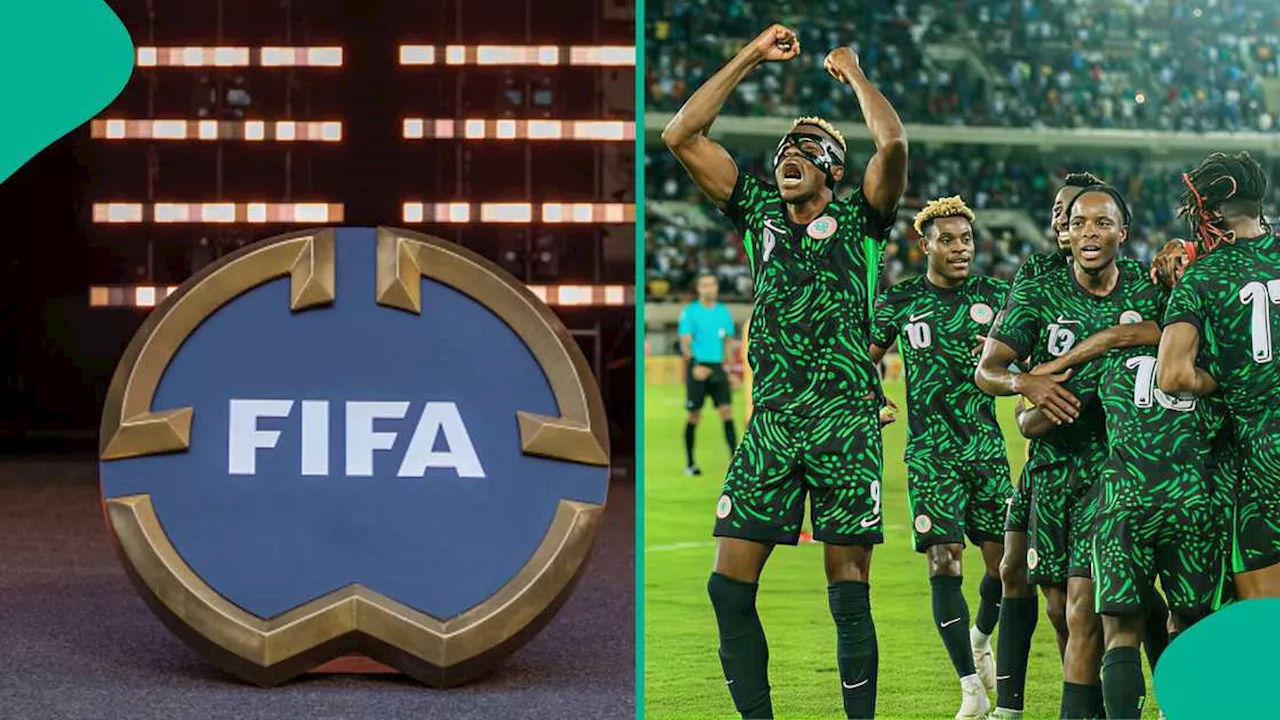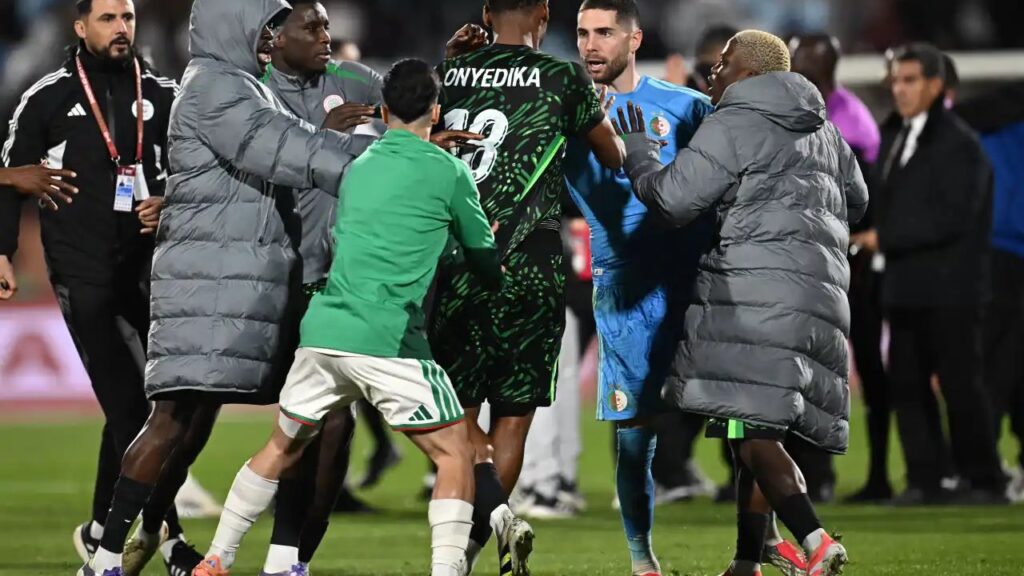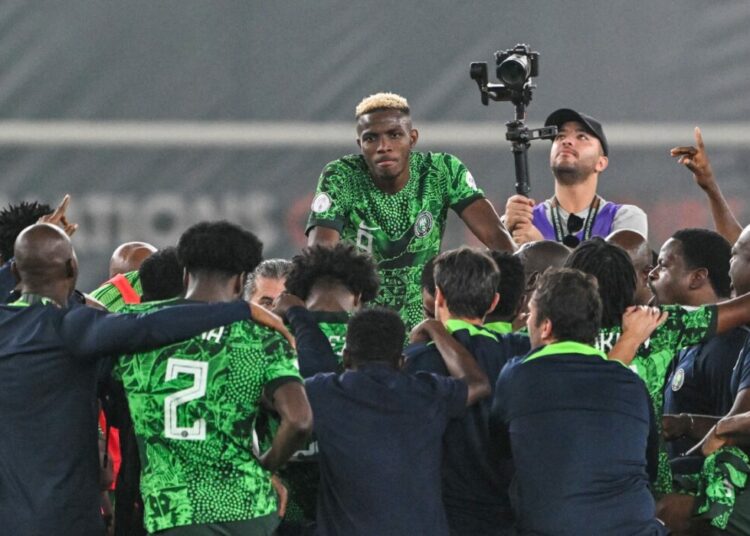Morocco's UN Triumph: King Mohammed VI Hails Autonomy Plan

The United Nations Security Council recently adopted a landmark resolution endorsing Morocco’s Autonomy Initiative for Western Sahara as the most feasible solution to the region's 50-year conflict. This decision, following a vote that saw 11 council members in favor, with Russia, China, and Pakistan abstaining and Algeria not voting, positions genuine autonomy under Moroccan sovereignty as the primary framework for resolving the dispute between Rabat and the Algeria-backed Polisario Front.
King Mohammed VI of Morocco delivered a historic address to the Moroccan people in response to the Security Council's vote, hailing it as "a new chapter in consolidating the Moroccanness of the Sahara" and a turning point in modern Moroccan history. The King declared, "After 50 years of sacrifices, and with the help and guidance of the Almighty, we are starting a new chapter... There is a before October 31, 2025, and an after October 30.” He described the resolution as a "manifest victory" for legitimacy, diplomacy, and perseverance, occurring alongside the 50th anniversary of the Green March and the 70th anniversary of Morocco’s independence.
His Majesty underscored that the UN decision confirms the international community’s growing recognition of Morocco’s Autonomy Initiative as "the only realistic, viable and durable solution" to the regional conflict, noting that two-thirds of UN member states now support the initiative. This international momentum, the King emphasized, paves the way for a unified Morocco from Tangier to Lagouira. Major global powers, including the United States, France, Britain, Russia, Spain, and the European Union, have publicly endorsed the initiative, encouraging trade and investment in Morocco's southern provinces. The King highlighted that this strengthens Morocco’s economic sovereignty and positions the southern provinces as a hub for development, stability, and regional integration across the Sahel and Sahara. Morocco also announced its intention to soon update and submit an enhanced version of its Autonomy Initiative to the United Nations, to be the sole basis for future negotiations.
Morocco's autonomy proposal, first presented in 2007, outlines a local legislative, executive, and judicial authority for Western Sahara, elected by its residents, while Rabat would retain jurisdiction over defense, foreign affairs, and religious matters. In contrast, the Polisario Front, which seeks to establish an independent state called the Sahrawi Republic, advocates for a referendum with independence as an option. Following the Security Council vote, Polisario Front representative Sidi Omar stated that the resolution does not imply any recognition of Moroccan sovereignty over Western Sahara. The Polisario Front subsequently issued a statement declaring its refusal to participate in any peace process or negotiations based on proposals that aim to legitimize what it terms the "Moroccan military occupation." Algeria's UN Ambassador Amar Bendjama also criticized the resolution, stating it ignores Polisario's proposals and that the final decision should belong to the people under colonial domination.
Despite the Polisario Front's rejection, King Mohammed VI expressed deep gratitude to nations supporting this historic development, specifically recognizing the United States under President Donald Trump for paving the way, and Morocco’s European and African allies for their efforts. The King reiterated Morocco’s commitment to a peaceful, inclusive solution, emphasizing that the Kingdom "does not see these developments as a victory, nor will it exploit them to fuel conflict or disputes." In a humanitarian gesture, the Monarch appealed directly to Moroccans in the Tindouf camps in southwestern Algeria to reunite with their families and participate in building a united homeland.
In a significant diplomatic move, King Mohammed VI extended an invitation to Algerian President Abdelmajid Tebboune for a "sincere and brotherly dialogue" to overcome differences and rebuild relations based on mutual trust. He also reaffirmed Morocco's commitment to reviving the Arab Maghreb Union, focusing on cooperation and regional integration among its five member states. The UN Security Council resolution also renewed the mandate of the U.N. peacekeeping force in Western Sahara, MINURSO, for one year and requested U.N. Secretary-General Antonio Guterres to provide a strategic review regarding MINURSO's future mandate within six months, taking negotiation outcomes into account. Thousands gathered in Moroccan cities to celebrate the vote, waving flags and chanting patriotic slogans, underscoring the national sentiment.
The King concluded his address by paying homage to the sacrifices of the Moroccan people, especially those in the southern provinces, and lauded the efforts of Moroccan diplomacy and the Royal Armed Forces. He invoked prayers for King Hassan II, the architect of the Green March, and for all national martyrs, reaffirming that the comprehensive development, security, and stability in the southern provinces are a result of sacrifices made by all Moroccans.
You may also like...
Bundesliga's New Nigerian Star Shines: Ogundu's Explosive Augsburg Debut!

Nigerian players experienced a weekend of mixed results in the German Bundesliga's 23rd match day. Uchenna Ogundu enjoye...
Capello Unleashes Juventus' Secret Weapon Against Osimhen in UCL Showdown!

Juventus faces an uphill battle against Galatasaray in the UEFA Champions League Round of 16 second leg, needing to over...
Berlinale Shocker: 'Yellow Letters' Takes Golden Bear, 'AnyMart' Director Debuts!

The Berlin Film Festival honored
Shocking Trend: Sudan's 'Lion Cubs' – Child Soldiers Going Viral on TikTok

A joint investigation reveals that child soldiers, dubbed 'lion cubs,' have become viral sensations on TikTok and other ...
Gregory Maqoma's 'Genesis': A Powerful Artistic Call for Healing in South Africa

Gregory Maqoma's new dance-opera, "Genesis: The Beginning and End of Time," has premiered in Cape Town, offering a capti...
Massive Rivian 2026.03 Update Boosts R1 Performance and Utility!

Rivian's latest software update, 2026.03, brings substantial enhancements to its R1S SUV and R1T pickup, broadening perf...
Bitcoin's Dire 29% Drop: VanEck Signals Seller Exhaustion Amid Market Carnage!

Bitcoin has suffered a sharp 29% price drop, but a VanEck report suggests seller exhaustion and a potential market botto...
Crypto Titans Shake-Up: Ripple & Deutsche Bank Partner, XRP Dips, CZ's UAE Bitcoin Mining Role Revealed!

Deutsche Bank is set to adopt Ripple's technology for faster, cheaper cross-border payments, marking a significant insti...



)
